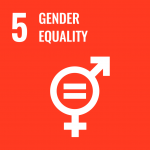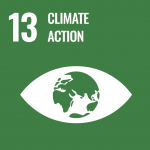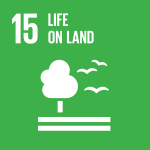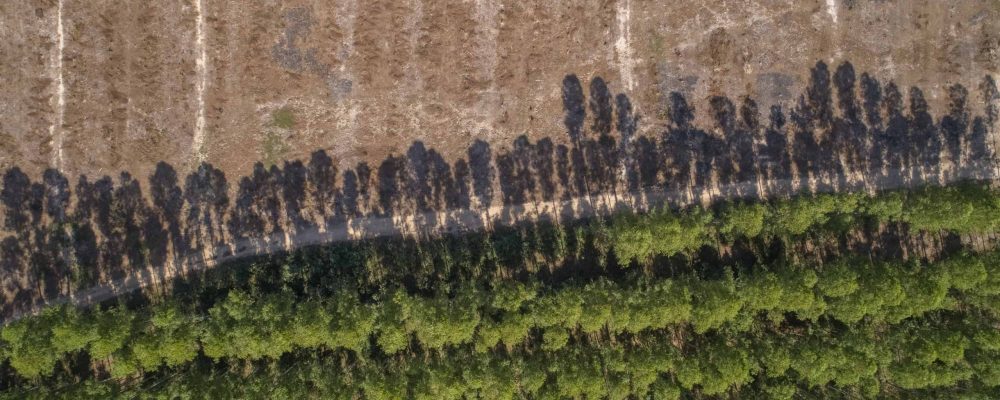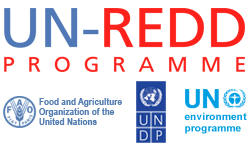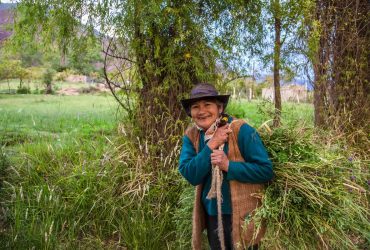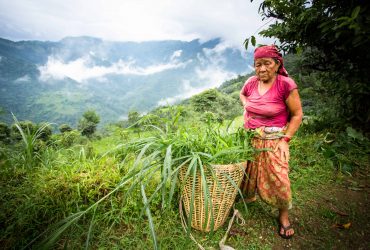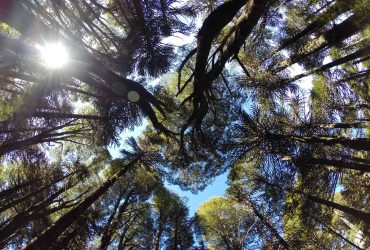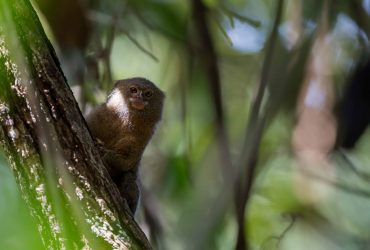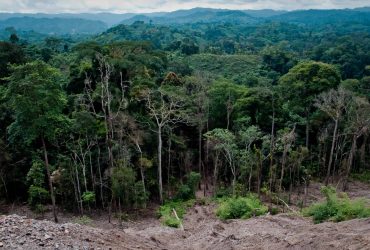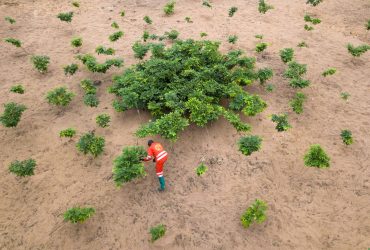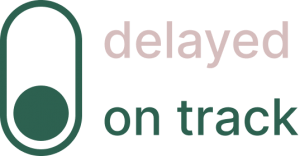


Forest Solutions Enhanced: Social forestry is widely recognized within the Association of Southeast Asian Nations (ASEAN) region as a viable and positive approach for achieving sustainable forest management. However, the connection between social forestry and climate change mitigation is often loose or not evident. The initiative, “Climate change mitigation through social forestry actions in 3 pilot ASEAN countries,” started working with ASEAN member states to strengthen the evidence base for climate mitigation contributions of social forestry.
The initiative was formally launched in June, 2022 through an online launch event co-hosted by the ASEAN Secretariat and the UN-REDD Programme. At the time of writing this report, consultations with three target countries, Indonesia, Cambodia and Lao People’s Democratic Republic, were being finalized. Work has started on assessing the current state of social forestry models, the potential extent of implementing social forestry interventions, screening the landscape for successful social forestry incubators and financiers and social forestry enterprises and programmes and conducting analyses of their economic and commercial gaps and potential in the target countries.
Project activities started up for data collection (tabular and geo-spatial) of existing social forestry models and the potential extent of those models in each of the three pilot countries. A subsequent analysis and validation of collected data will follow. Specifically, an estimate of potential climate mitigation contributions resulting from existing social forestry interventions in each of the three pilot countries commenced.
The approach will utilize activity data and emissions factors developed as part of National Forest Inventory (NFI) and/or Forest Reference Emission Level (FREL) processes. It will leverage FAO’s technical expertise in remote sensing, land cover assessments and the organization’s institutional knowledge and experience in Measurement, Reporting and Verification (MRV). This approach is innovative given its sub-national scale and will be instrumental in informing similar efforts to quantify and include mitigation contributions as part of national approaches to nested REDD+ actions and their relevance to Article 6 of the Paris Agreement. The OpenForis SEPAL, and other tools currently under evaluation for potential use in this process, will support monitoring at the community/village forestry scale and is both scalable and integrates with National Forest Monitoring Systems (NFMS) in Cambodia, Lao PDR and Indonesia.
To understand the landscape of successful social forestry Non-Timber Forest Product (NTFP) and timber/timber products enterprises in Cambodia, Indonesia and Laos PDR, research and assessment of the commercial potential of social forestry models were initiated.
To facilitate and standardize assessment, a set of criteria with indicators for all three aspects were established. For social forestry programs, this included socio-economic impact, promotion of sustainable forest management and trade, building partnerships and connections, and many key elements of a holistic program such as capacity building and funding. For enterprises, the criteria included financial viability and market access; social, institution and governance; alignment of business with resources; capacity and technology; and right security and ownership or legality. For incubators and financiers, these were systems or foundations in place, access to finance, networking, mentoring, capacity programme and flexibility to adapt programme or services. A scan of the programmes, enterprises, incubators and financiers then started. Sources of information included online databases, key informants from various actors in the value chain, as well as government representatives.
Evidence requires sound data, and ideally, spatial data, and countries have historically made different choices or degrees of investments to pursue. However, challenges, such as identifying and gaining access to relevant datasets, must be addressed if the completion of assessments is to be achieved. Therefore, the initiative is operating in strong partnership with participating countries and the ASEAN Secretariat to ensure access to data is possible; this work includes improving some of the available datasets. Key positive lessons will be captured, working closely with and where applicable through formal ASEAN mechanisms, such as dialogues with ASEAN working group on Social Forestry (AWG-SF) and furthering dialogues with the ASEAN working group on Forest & Climate Change (AWG-FCC).
The initiative places an emphasis on gender equality and social inclusion across activities and work in partnerships established under the initiative. In 2022, when the initiative was in its inception phase, equal gender representation was ensured for the launch event. Gender and social inclusion considerations continue to be a project priority, and this is reflected in all ongoing activities and initiatives.
The initiative works in partnership with the ASEAN Secretariat, the ASEAN working group on Social Forestry (AWG-SF) and the ASEAN working group on Forest & Climate Change (AWG-FCC). It also works with the governments of Cambodia, Indonesia and Lao People’s Democratic Republic, RECOFTC, and the Non-Timer Forest Products Exchange Programme (NTFP-EP) , and various other partners and stakeholders in the ASEAN region and target countries.
Work in the ASEAN region contributes to SDGs 5, 13 and 15.
